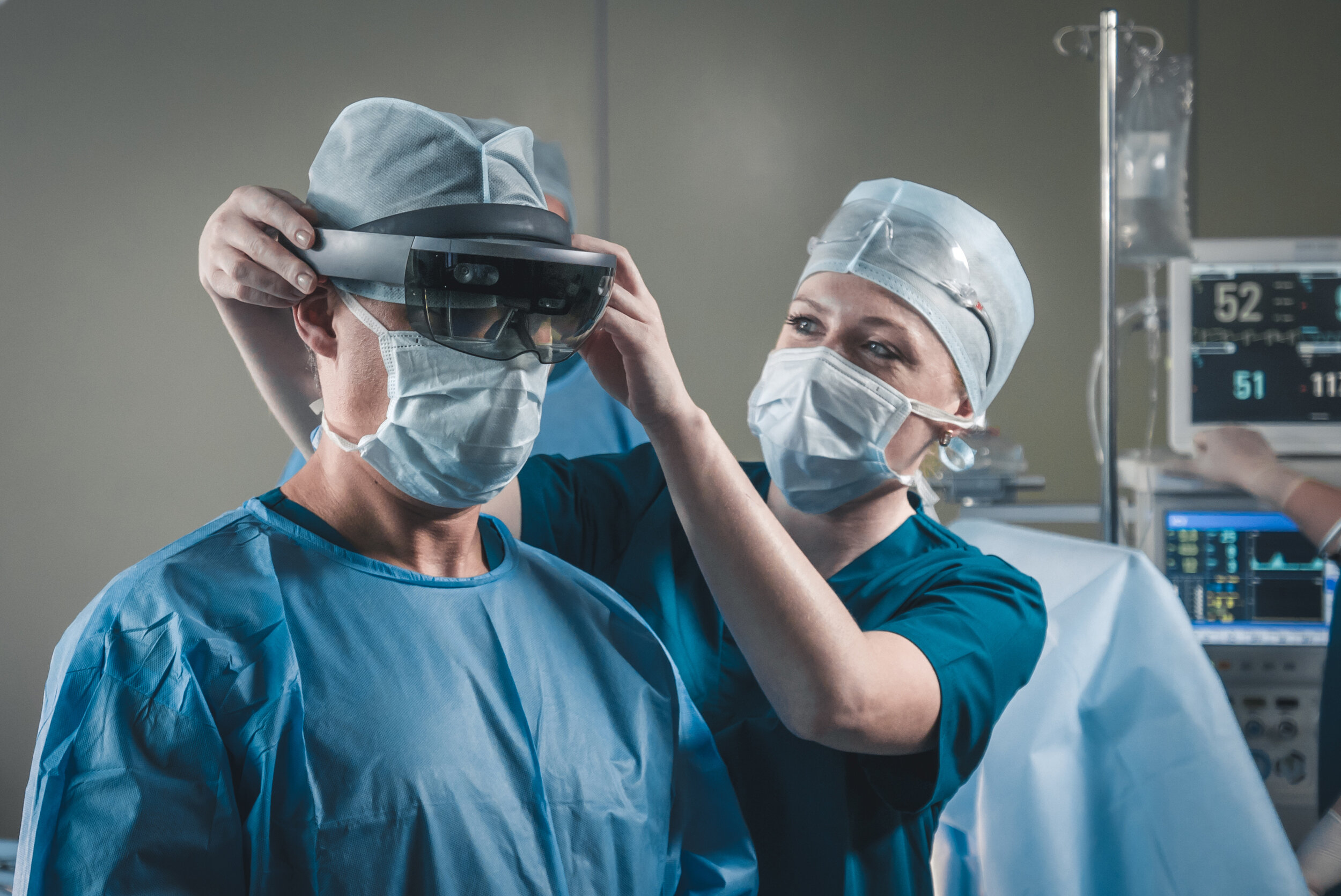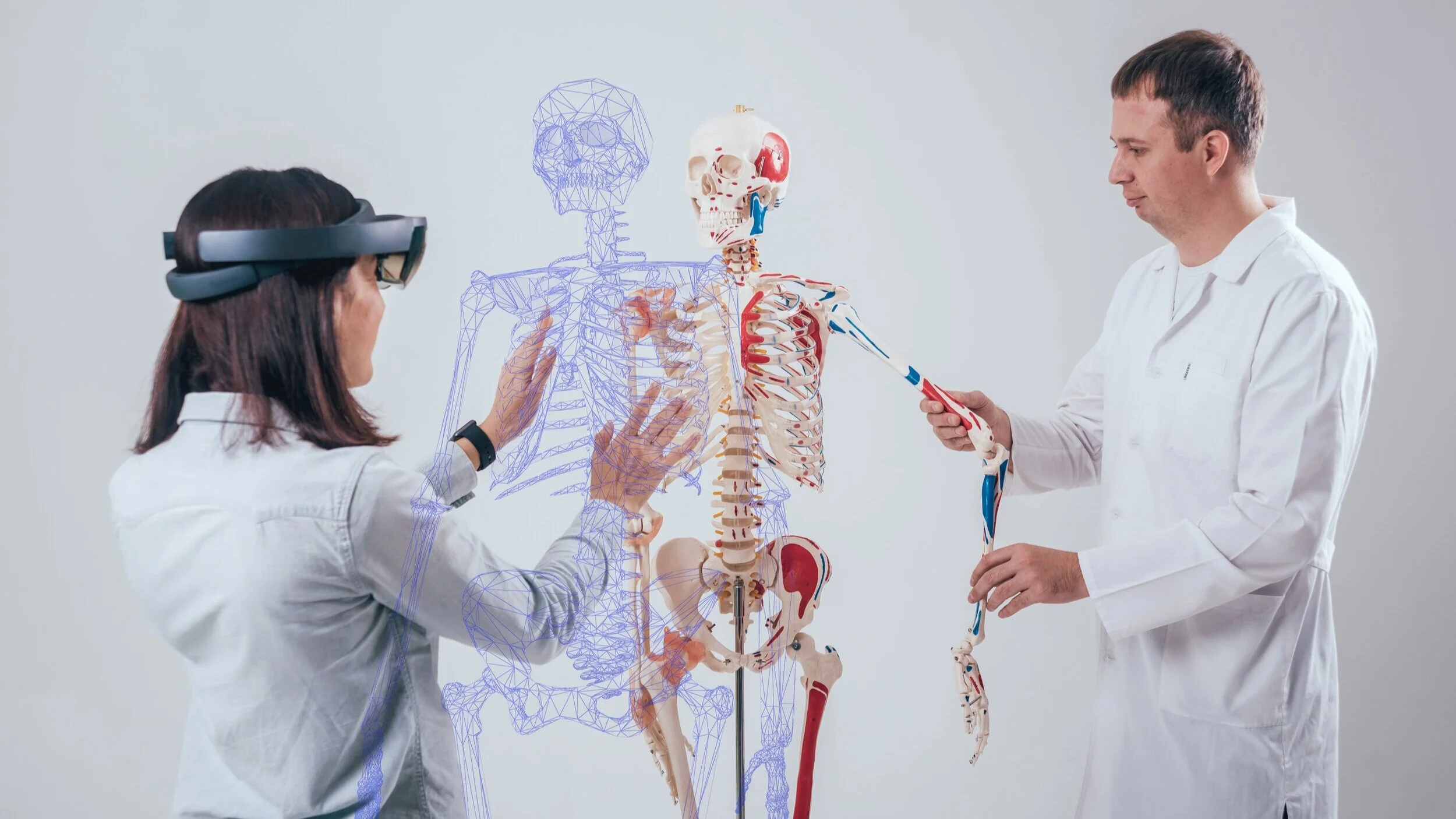Shift Perceptions and Change Behaviors.
VR/AR for HCP Education
We help healthcare and life science organizations capture and hold the attention of hard to reach HCPs using Virtual and Augmented reality.
captivate hcps
Game design principles help capture and maintain the undivided attention of hard-to-reach HCPs, ensuring longer, more memorable interactions.
Shift Perceptions
As medical science advances, VR/AR can help respectfully challenge conventional wisdom or providers’ prior notions of how a given patient type or condition should be treated.
Change Behaviors
Increased retention rates of VR/AR based learning content increases the likelihood that providers will remember new information and incorporate it in future decision-making.
Personalize Non-Personal
Real-time tailoring of content to individual HCP interest helps ensure content still resonates with hard-to-see or no-see physicians who prefer non-personal channels.
Stand Out
As crowd-drawing, conversation-starting technologies, VR/AR helps demonstrate category leadership and attract HCPs to your booth at conferences.
Develop Empathy
Immersive patient cases and simulation of symptoms helps providers better understand and empathize with the lived experiences patient communities they serve.
Ways We Can Help
From congress experiences to interactive detail apps and continuing medical education, we aim to create evocative but scientifically accurate content that drives belief and behavior change.

We partner with physician review boards, medical affairs teams, and key opinion leaders to ensure communications are credible and compliant.
Did You Know?
Over 60% of specialists say most sales rep interactions are “stale” and teach them nothing new.¹ Life science organizations can capture and hold the attention of hard-to-reach HCPs using Virtual and Augmented Reality.
Sign up to download our full fact sheet for more compelling statistics.


